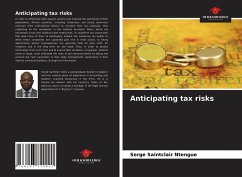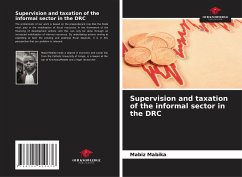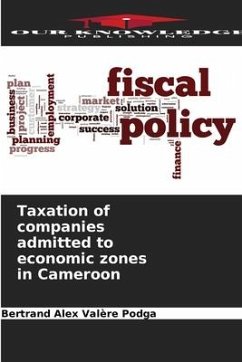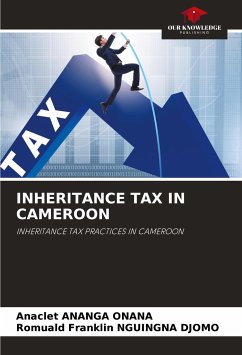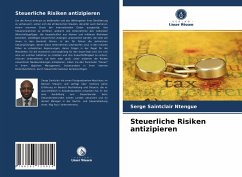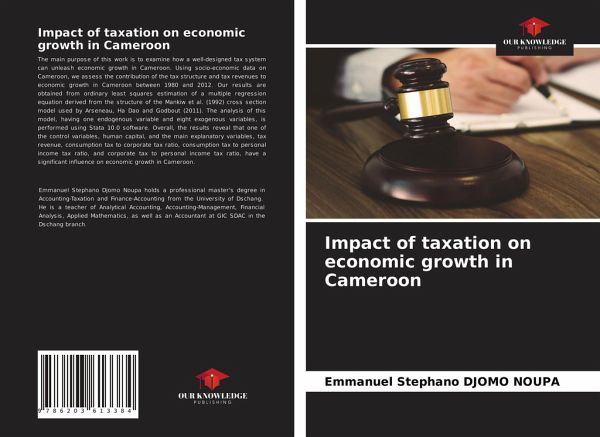
Impact of taxation on economic growth in Cameroon
Versandkostenfrei!
Versandfertig in 6-10 Tagen
36,99 €
inkl. MwSt.

PAYBACK Punkte
18 °P sammeln!
The main purpose of this work is to examine how a well-designed tax system can unleash economic growth in Cameroon. Using socio-economic data on Cameroon, we assess the contribution of the tax structure and tax revenues to economic growth in Cameroon between 1980 and 2012. Our results are obtained from ordinary least squares estimation of a multiple regression equation derived from the structure of the Mankiw et al. (1992) cross section model used by Arseneau, Ha Dao and Godbout (2011). The analysis of this model, having one endogenous variable and eight exogenous variables, is performed using...
The main purpose of this work is to examine how a well-designed tax system can unleash economic growth in Cameroon. Using socio-economic data on Cameroon, we assess the contribution of the tax structure and tax revenues to economic growth in Cameroon between 1980 and 2012. Our results are obtained from ordinary least squares estimation of a multiple regression equation derived from the structure of the Mankiw et al. (1992) cross section model used by Arseneau, Ha Dao and Godbout (2011). The analysis of this model, having one endogenous variable and eight exogenous variables, is performed using Stata 10.0 software. Overall, the results reveal that one of the control variables, human capital, and the main explanatory variables, tax revenue, consumption tax to corporate tax ratio, consumption tax to personal income tax ratio, and corporate tax to personal income tax ratio, have a significant influence on economic growth in Cameroon.



